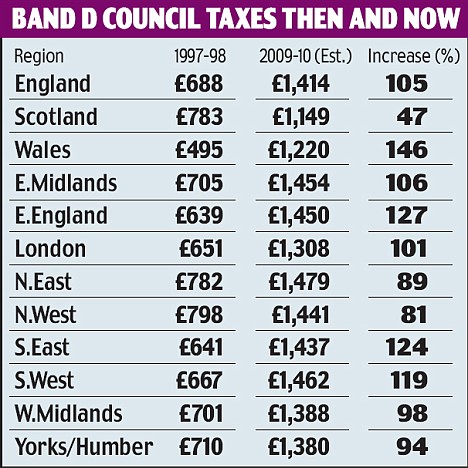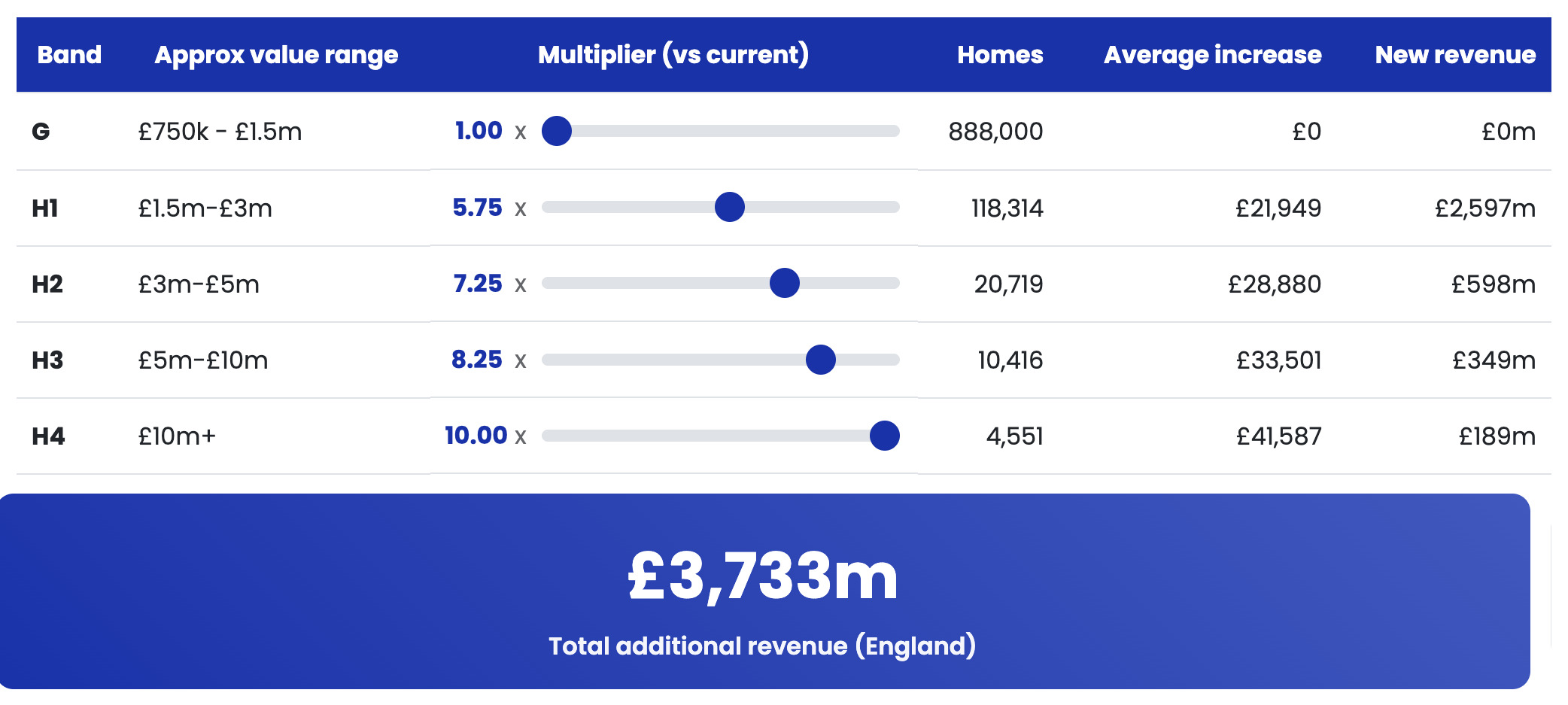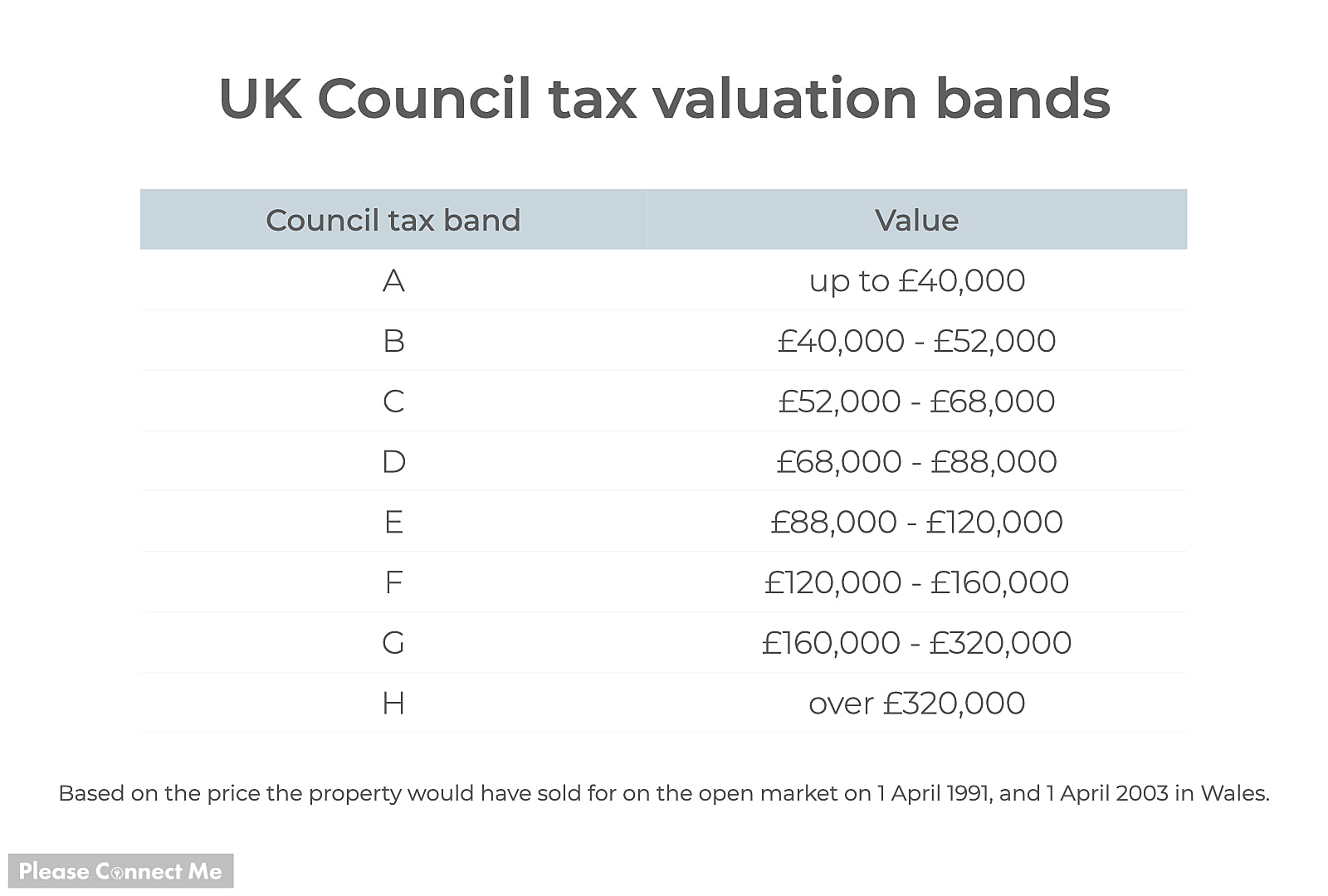
Introduction to Council Tax
Council tax is a crucial aspect of local government funding in the United Kingdom, used to support essential services such as education, waste management, and social care. With millions of households obligated to pay this tax, understanding its implications and recent changes is vital for residents. As we approach the financial year of 2024, council tax has become a topic of significant discussion, especially considering the rising costs of living and economic factors affecting many citizens.
What is Council Tax?
Council tax is a local taxation system introduced in 1993. It is levied on residential properties, and the amount owed varies according to the property value band, which is determined by the property’s estimated market value as of April 1st, 1991. Properties are grouped into bands, from A (lowest) to H (highest), and charges differ across local councils based on their budgetary needs.
Recent Changes and Affects
As of April 2023, many local authorities have been adjusting their council tax rates, with increases reflecting rising operational costs and inflation. Recent reports indicate average increases across England approaching 5%, with some councils raising rates even higher to fund critical services. These changes have spurred debates within communities, aiming to balance the need for revenue against the financial strain on households already facing economic hardship.
In addition to rate adjustments, the government has introduced measures aimed at mitigating the burden on low-income households, including discounts and exemptions for vulnerable groups. Local councils are also being encouraged to implement more efficient systems for handling council tax collection and administration.
The Importance of Understanding Council Tax
For residents, understanding council tax is essential, not only to comply with their financial obligations but also to engage with local governance. Residents are encouraged to check their council tax band and ensure they are not overpaying due to inaccuracies. Participation in local budgeting decisions can also help influence how council tax funds are allocated and spent. Moreover, the recent emphasis on transparency and community engagement means that more residents can have a say in council budgeting, making it an important avenue for civic involvement.
Conclusion
Council tax remains a vital funding source for local services in the UK, with recent changes underscoring its importance in times of economic strain. As citizens navigate these developments, staying informed about council tax rates, exemptions, and the services funded by this tax will empower them in their financial planning and community participation. Looking ahead, ongoing discussions regarding council tax reforms, including potential reviews of property banding and equitable payment systems, will likely shape how funding is managed in future.
You may also like

The Current State of Interest Rates in the UK

Rachel Reeves Proposes Changes to Council Tax Bands
